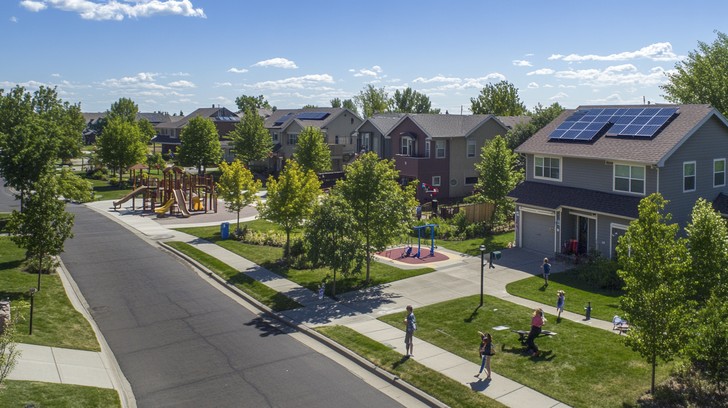
Benefits of Sharing Economy in Real Estate: An Insightful Guide
The sharing economy has become a transformative force across various sectors, including real estate. It presents a promising avenue for property owners and aspiring homeowners alike. The benefits of sharing economy in real estate extend beyond financial gains, offering a sustainable approach to property management and utilization. This article delves into these benefits, shedding light on why this model is reshaping the industry.

Understanding the Sharing Economy in Real Estate
The concept of the sharing economy revolves around leveraging underutilized resources, and in the context of real estate, this means making the most out of available properties. Platforms like Airbnb and co-living spaces epitomize this trend, offering flexible options for both property owners and tenants.
Financial Benefits of the Sharing Economy
Increased Rental Income
One of the primary benefits of sharing economy in real estate is the potential for increased rental income. Property owners can maximize their earnings by renting out their spaces on a short-term basis, catering to tourists and business travelers. This model often yields higher returns compared to traditional long-term rentals.
Cost Efficiency for Tenants
For tenants, the sharing economy presents an opportunity to reduce living costs. By opting for co-living arrangements or short-term rentals, individuals can avoid hefty long-term lease commitments and enjoy more financial flexibility.
Environmental Impact and Sustainability
Optimized Resource Utilization
The sharing economy promotes sustainable living by encouraging the optimal use of space and resources. This approach reduces the need for new constructions, thereby minimizing environmental impact. For more on sustainable housing solutions, explore this study on sustainable urban housing solutions.
Reduced Carbon Footprint
By sharing existing properties, the need for additional infrastructure diminishes, leading to a reduction in carbon footprints. This aligns with global efforts towards environmental conservation and sustainability.
Social and Community Benefits
Fostering Community Connections
Co-living and shared spaces bring together individuals from diverse backgrounds, fostering community connections and promoting social interactions. This sense of community is integral to enhancing quality of life.
Access to Better Amenities
Shared spaces often come with access to better amenities, such as gyms, pools, and communal areas, which might be unaffordable for individuals on their own. This access enhances the living experience, providing both comfort and convenience.
Challenges and Considerations
Regulatory Hurdles
Despite its benefits, the sharing economy in real estate faces regulatory challenges. Property owners must navigate zoning laws and rental regulations, which vary by location. Understanding these regulations is crucial for successful participation in the sharing economy.
Property Management Issues
Managing properties in a sharing economy model can be demanding. Owners must ensure their properties are well-maintained and comply with health and safety standards. For tips on effective home management, consider reading about timer faucets and their benefits.
The Future of Sharing Economy in Real Estate
Technological Advancements
Technology continues to drive the evolution of the sharing economy in real estate. From smart home devices to advanced property management software, technology facilitates seamless operations and enhances user experience.
Adapting to Changing Lifestyles
The sharing economy is well-positioned to adapt to changing lifestyles and preferences. As remote work becomes more prevalent, the demand for flexible living arrangements will likely increase, further cementing the role of the sharing economy in the real estate sector.
Conclusion
The benefits of sharing economy in real estate are multifaceted, offering financial, environmental, and social advantages. While challenges exist, the potential for positive impact is significant. By embracing this model, property owners and tenants alike can enjoy a more sustainable and fulfilling living experience.

FAQs
What is the sharing economy in real estate?
The sharing economy in real estate refers to utilizing underused properties through platforms that allow short-term rentals or shared living arrangements, maximizing resource usage and financial gains.
How does the sharing economy benefit property owners?
Property owners benefit from increased rental income, efficient property utilization, and access to a broader pool of potential tenants in the sharing economy.
Are there environmental benefits to the sharing economy in real estate?
Yes, the sharing economy promotes environmental sustainability by reducing the need for new construction and optimizing existing resources, thus lowering the carbon footprint.
This article contains affiliate links. We may earn a commission at no extra cost to you.